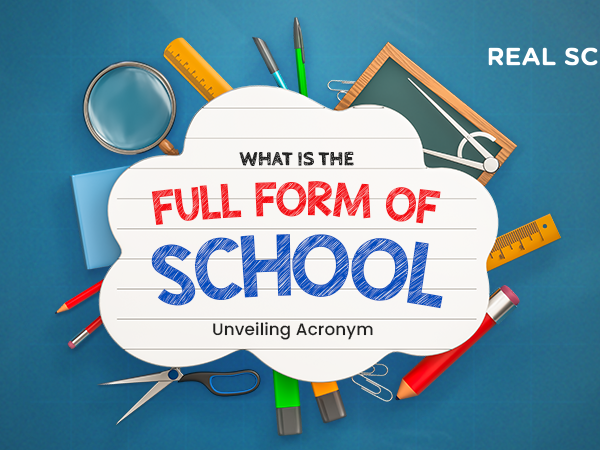If you want your kid to have a full and meaningful life, one of the most important things you can do is to assist in the development of his or her vocabulary. According to research, good language skill is related to a variety of beneficial outcomes, including happiness, friendships, family relationships, academic achievement, and a fulfilling profession.
You should not put off developing your child’s language skills until they are old enough to attend school. Vocabulary growth is incredibly quick. Between the ages of one and two, kids learn an average of 5,200 root words.
At 18 months, a child’s capacity to swiftly comprehend words can predict the amount of his or her vocabulary later in life. In this article, you will learn how to build your child’s vocabulary.

Learning courses for your kids! Get free trial here
Types of Vocabulary
The vocabulary allows us to express ourselves clearly and transmit new views on the world. As per Oxford Dictionaries, English contains more words than other similar foreign languages, and youngsters learn new terms on a daily basis. In reality, the average high schooler has roughly 45,000 terms in their vocabulary. Developing your child’s vocabulary at a young age is essential for helping them go ahead in their reading and achieve success.
Vocabulary refers to the language that youngsters understand and can use to speak about their surroundings. It necessitates not just understanding the meaning of words but also knowing how to use it effectively, in the right context, with the correct person, and at the right moment.
The four types of vocabulary are: listening, speaking, reading, and writing.
Also Read: Why are Physical Activities Important for Children? What Is Its Role in Healthy Development?
Why is Vocabulary Important for Your Kids?
It enables your youngster to express himself or herself. They might be more detailed when presenting their views and opinions if they have multiple words to describe an event or emotion.
It aids your child’s comprehension of what others are saying and what she or he is reading. Vocabulary is the bedrock upon which comprehension is built. Unfamiliar words create gaps in the text, preventing your youngster from fully comprehending what he or she has just read.
It improves their capacity to understand concepts and think coherently. The more words your youngster knows, the better he or she will be able to comprehend others’ views and communicate their own.

How to Build Your Child’s Vocabulary? Vocabulary Building Activities for Kids
To build your child’s vocabulary, here are some activities:
Talk About Objects and Events
Discuss anything that has piqued the child’s interest. When a mother notices her 8-month-old infant looking at a huge cat, she may exclaim, Oh look at the wonderful kitty. She has lovely eyes and silky fur. Such interactions can also occur when a youngster points to something and attempts to talk about it, suggesting arousal.
These interactions provide excellent opportunities for adults to name, describe, and explain objects. When parents and children chat about something they’re both interested in, it’s a wonderful learning opportunity. Words are associated with things, events, and feelings. The quantity of pointing by kids at 18 months is connected to language development at 4 to 5 years, demonstrating the value of these exchanges.
Many Conversations With Kids
The number of languages children hears from adults throughout their first 18 to 24 months of life is important. Language parts of a child’s brain grow quickly. The capability of converting noises into meaningful words is improving steadily.
Linking tones to meanings rapidly allows one to continue making sense of what they are hearing. The rate at which kids attach importance to words is directly connected to the amount of speech they have encountered in adult-child dialogues.
Learning courses for your kids! Get free trial here
Engage in Sustained Interactions
By the age of two, it is not just the amount but also the quality of the talks that toddlers hear that matters. Don’t be in a rush at this point to truly encourage your child’s language development, converse with your child about certain things or events for a reasonable period of time. It is not always necessary to devote a specific amount of time.
However, the parent and kid should have at least eight to ten back-and-forth conversations. When youngsters are talking, these back-and-forth discussions that occur across a number of rounds are very beneficial.
Indeed, preschoolers who have longer-lasting interactions grow their brains faster and retain information more efficiently than those who have significantly shorter conversations.

Also Read: How to Inspire Children’s Learning? Guaranteed Ways to Help Your Child Perform Well in School
Read and Discuss Books
Book reading is one of the most effective shared hobbies. From the first year of life, books may be shared and enjoyed. They give an infinite number of options to name things, creatures, and actions.
These encounters can be repeated indefinitely. The pastime also allows parents to connect with their children by discussing favourite photographs, events, and tales.
Expanding World Knowledge
Children quickly gain knowledge when they discover words that refer to increasingly complicated topics. These terms will be utilized in talks about new concepts and experiences as time passes on.
For instance, during a tour to an aquarium, a youngster may view amazing creatures as their parent labels the animal, discusses features of its anatomy, such as its fins and tail, and how it moves. Alternatively, during a visit to the grocery shop, one might name items, describe their characteristics, debate where they originate from, and much more.
Learning courses for your kids! Get free trial here
Conclusion
Even if their kid has speech delays, parents may assist with language skills. In fact, the more parents do to assist their children in overcoming obstacles, the more equipped the kid will be for preschool.
Before beginning, parents of children with impairments like autism, apraxia of speech, and stuttering concerns should speak with a speech therapist. Therapists can frequently offer helpful approaches for improving spoken and receptive language abilities.
Learn more about language development for kids at The Real School Of Montessori
Also Read: What is Project-Based Learning? Does PBL Really Work for Kids?







